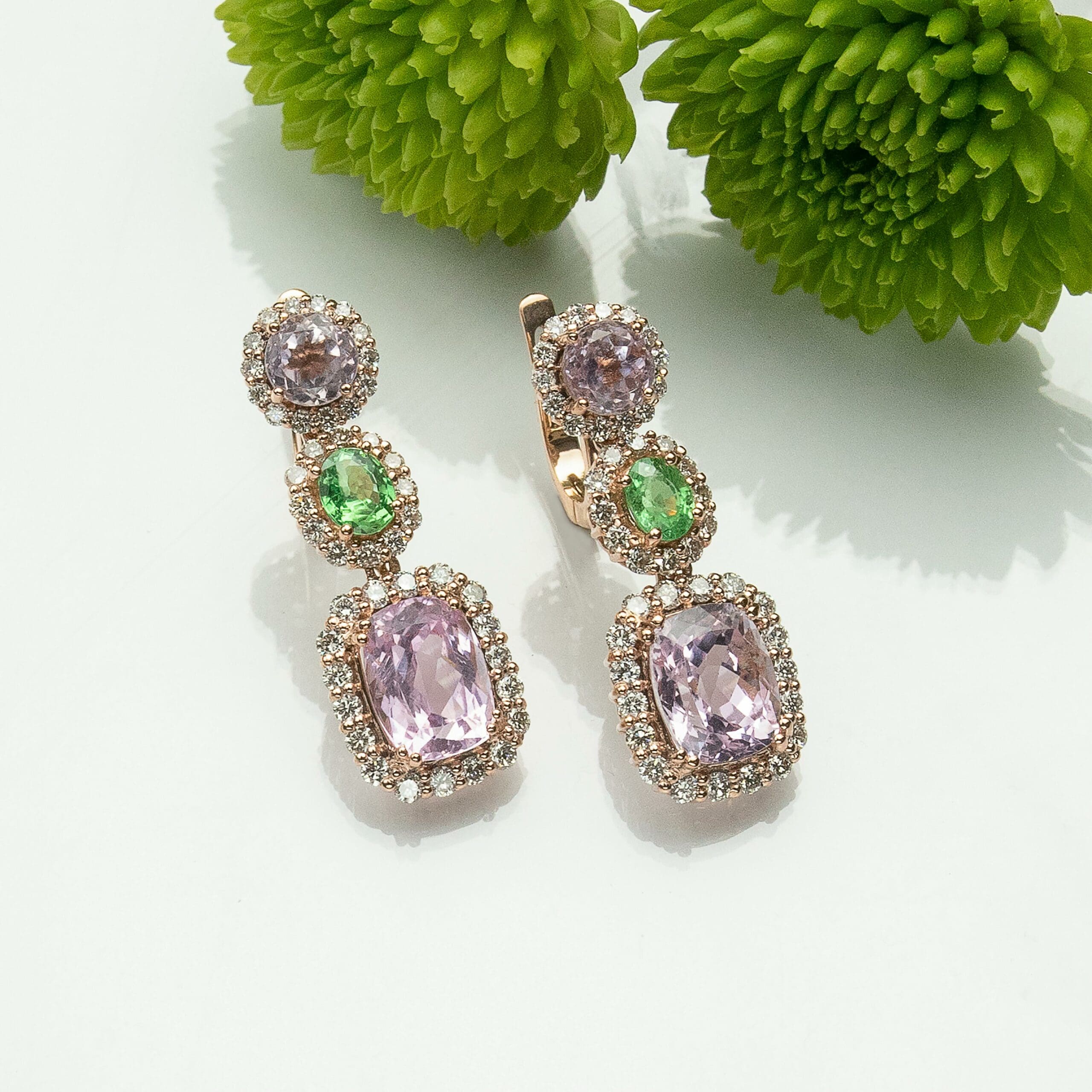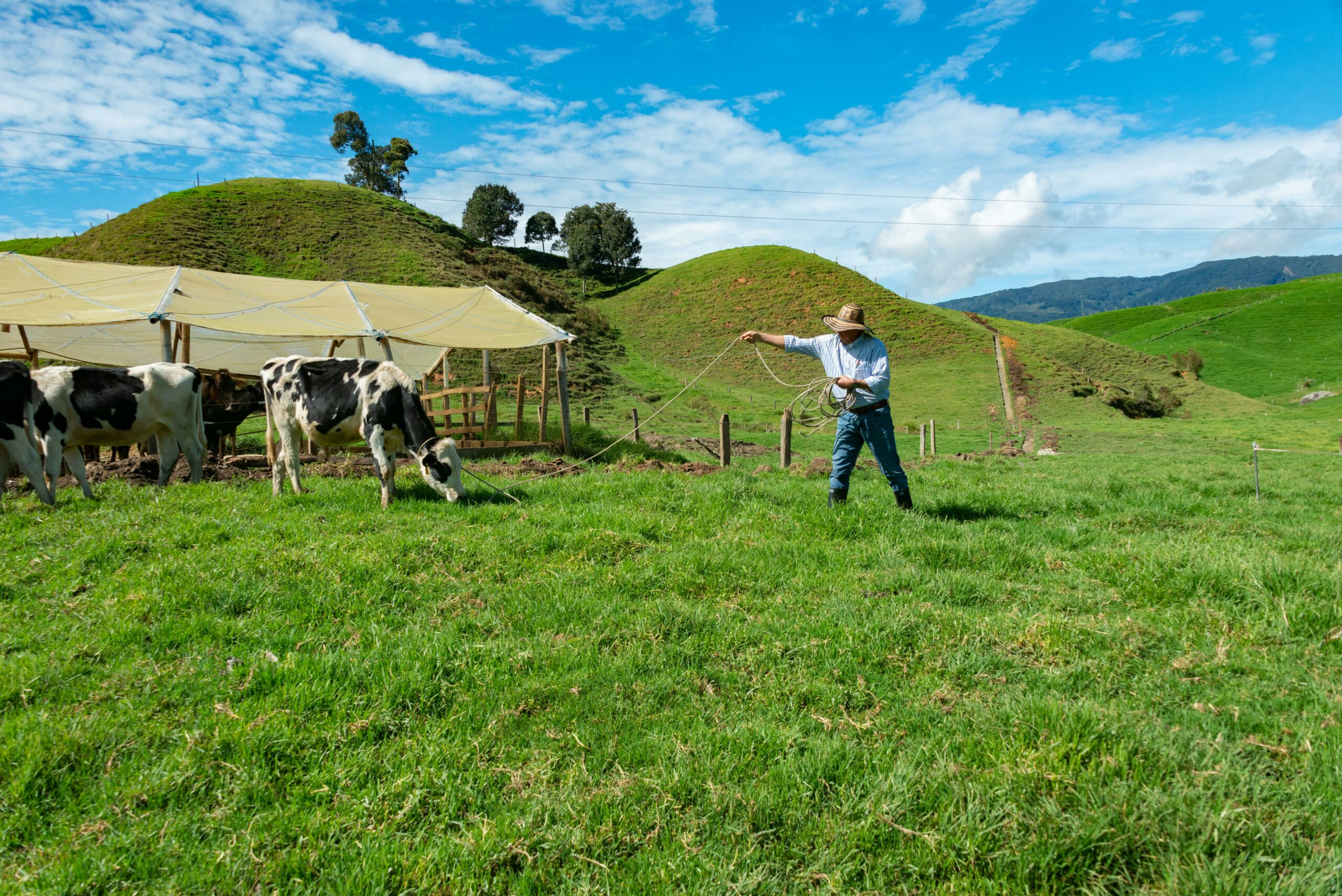
Conditionals In English, The 4 Main Types Clearly Simplified
Conditional sentences are sentences that have the word “if”. We have four main conditional tenses in English; the zero, first, second, and third conditional. In this article, we talk about each one in detail; how to form it, when to use it, and some example sentences.
Also, at the end of this article, you will find a short quiz to test yourself out after mastering all these conditionals.
Table of content:
- The zero conditional.
- The first conditional.
- The second conditional.
- The third conditional.
- Conclusion with a summary table.
- A short quiz on the topic.
- The references.
The Zero Conditional
Any conditional sentence has two clauses:
- The “if” clause which starts with if and gives the condition (or the situation).
- The main clause which gives us the result of this condition.
How to form it:
| Starting the sentence with the “if” clause | If + present simple, + present simple. |
| Starting the sentence with the main clause | Present simple + if + present simple. |
When to use it:
- To talk about general truths like scientific facts.
Some example sentences:
- If we heat water, it evaporates.
- Water evaporates if you heat it.
- If you don’t drink enough water, you die.
- Oil floats if you pour it on water.
- If you eat too much, you get fat.
- Buy a sandwich if you’re hungry.
- If you want to switch this device on, press the red button.
Note that:
- An if-clause is often followed by a comma when it comes at first (before the main clause), but there’s no comma to separate the two clauses if you start with the main clause rather than the if-clause.
- We can use the imperative in the main clause to give instructions or advice or to make offers. See the last two examples in the previous section to get a better idea.
The First Conditional
How to form it:
| Starting the sentence with the “if” clause | If + present simple, + future simple (will + infinitive). |
| Starting the sentence with the main clause | Future simple (will + infinitive) + if + present simple. |
When to use it:
- To talk about probabilities (things that might happen in the future).
Some example sentences:
- If I have enough time, I will go to the gym.
- If I don’t wake up early, I might not catch the bus.
- If you get high grades, we will buy you a present.
- If I see her, I’ll tell her.
Note that:
- We can use modal verbs in place of “will” in the main clause to express different thoughts like uncertainty, recommendation, and permission. For example, we can use: may, might, can, and could.
- You can use different future tenses in the main clause, like the future simple, the present continuous, or the future with “going to”.
The Second Conditional
How to form it:
| Starting the sentence with the “if” clause | If + past simple, + (would + infinitive). |
| Starting the sentence with the main clause | (would + infinitive) + if + past simple. |
When to use it:
- To talk about things that are not probably going to happen in the future.
- To talk about dreams and fantasies (things unlikely to happen in the future).
- To talk about situations that are impossible to happen in the present time or in the future (imaginary or unreal situations).
Some example sentences:
- If she had more money, she would buy a car. (she doesn’t have money at the moment, and it’s unlikely she will be able to buy a car in the future).
- If I were an animal, I would be a polar bear. (impossible situation to happen)
- If I were you, I would buy that laptop. (giving advice).
- If I were rich, I would travel the whole world.
- What would you do if someone pointed a gun at you?
Note that:
- When we talk about imaginary or impossible situations to happen in the present time with the verb “be”, we use “were” with any subject, no matter if it’s singular or plural. Using “was” after singular pronouns isn’t incorrect but less likely to be used.
- We often use this structure “if I were you, I would + infinitive” to give advice.
- As with the first conditional, we can replace “would” in the main clause with other modal verbs like could and might to give different meanings. Could means “would be able to”, and might means “would perhaps” or “would possibly”.
The Third Conditional
How to form it:
| Starting the sentence with the “if” clause | If + past perfect, + (would have + past participle). |
| Sarting the sentence with the main clause | (would have + past participle) + if + past perfect. |
When to use it:
- To talk bout imaginary situations in the past.
- To regret doing or not doing something in the past (it’s too late now).
Some example sentences:
- If you had studied harder, you would have passed your exams. (in reality, you didn’t pass your exams, and we imagine here what would have happened if you had done so in the past).
- I wouldn’t have missed the train if I had woken up earlier. (it’s too late now, and the train has already left, and we can’t change the past).
- If I’d known that you had to get up early, I would have woken you up.
- I would have called you if I hadn’t lost my phone.
Note that:
We can use “could have/ might have + past participle” in place of “would have + past participle” in the main clause.
Conclusion
That was our topic for today; we learnt together what is a conditional sentence, its components, and how to form the four main conditionals. We hope you find it useful and will be able to use the rules you learnt to improve your English speaking and writing skills.
Before you go, here’s a short table that summarises all four conditionals for you. There you can see the bigger picture, which makes it easier for you to compare and contrast.
| The conditional | How to form it | When to use it | Some examples |
| The zero conditional | If + present simple, present simple. | To talk about general truths. | If you drink too much coffee, you can’t sleep at night. |
| The first conditional | If + present simple, will + infinitive. | To talk about probabilities. | If it doesn’t rain tomorrow, we will eat out. |
| The second conditional | If + past simple, would + infinitive. | To talk about imaginary situations in the present or the future. | If I were the president, I would give more money to the poor. |
| The third conditional | If + past perfect, would have + PP. | To talk about imaginary situations in the past or to express regrets over a past action. | If they had played better, they would have won the match. |
Want more?
If I were you, I would go to Learning Mole website, where I find dozens of similar articles that teach the English language in a fun way.
Don’t know where or how to find these articles?
Check out the tag “English” on our website, where you find lots of fun articles that teach you all aspects of the English language; writing, speaking, reading, phonics and much more.
And if you’re more into watching videos rather than reading, we also got a Youtube channel where you can learn new things with fun animation videos, so give it a shot.
Here’s a fun video about comparatives and superlatives in English:
A short quiz on the topic:
Put the verb in parentheses in the correct grammar tense to form a conditional sentence.
Q (1). If you (melt) ice, it (become) liquid.
- If you melts ice, it becomes liquid.
- If you melt ice, it becomes liquid.
- If you will melt ice, it becomes liquid.
- If you melt ice, it will becomes liquid.
Q (2). If I had his number, I (call) him.
- If I had his number, I will call him.
- If I had his number, I won’t call him.
- If I had his number, I would call him.
- If I had his number, I would have called him.
Q (3). If it snows, we (travel) tomorrow.
- If it snows, we won’t travel tomorrow.
- If it snows, we would travel tomorrow.
- If it snows, we wouldn’t travel tomorrow.
- If it snows, we would have travelled tomorrow.
Q (4). If I (get) sick, I would go to the doctor.
- If I get sick, I would go to the doctor.
- If I got sick, I would go to the doctor.
- If I had gotten sick, I would go to the doctor.
- If I would get sick, I would go to the doctor.
Q (5). If you put a stone in the water, it (sink).
- If you put a stone in the water, it won’t sink.
- If you put a stone in the water, it would sink.
- If you put a stone in the water, it might sink.
- If you put a stone in the water, it sinks.
Q (6). If I were a little shorter, I (wear) heels.
- If I were a little shorter, I will wear heels.
- If I were a little shorter, I won’t wear heels.
- If I were a little shorter, I would wear heels.
- If I were a little shorter, I had worn heels.
Q (7). What would you do if you (lose) your job?
- What would you do if you lose your job?
- What would you do if you lost your job?
- What would you do if you have lost your job?
- What would you do if you will lose your job?
Q (8). She would have gone to university if she (do) well at school.
- She would have gone to university if she do well at school.
- She would have gone to university if she does well at school.
- She would have gone to university if she had done well at school.
- She would have gone to university if she has done well at school.
Q (9). I (lose) weight if I had gone to the gym.
- I lost weight if I had gone to the gym.
- I have lost weight if I had gone to the gym.
- I will have lost weight if I had gone to the gym.
- I would have lost weight if I had gone to the gym.
Q (10). If it (be) hot tomorrow, I will go to the beach.
- If it was hot tomorrow, I will go to the beach.
- If it will be hot tomorrow, I will go to the beach.
- If it had been hot tomorrow, I will go to the beach.
- If it is hot tomorrow, I will go to the beach.
The correct answers:
Q (1) – 2
Q (2) – 3
Q (3) – 1
Q (4) – 2
Q (5) – 4
Q (6) – 3
Q (7) – 2
Q (8) – 3
Q (9) – 4
Q (10) – 4
The main references used in this article:


Leave a Reply